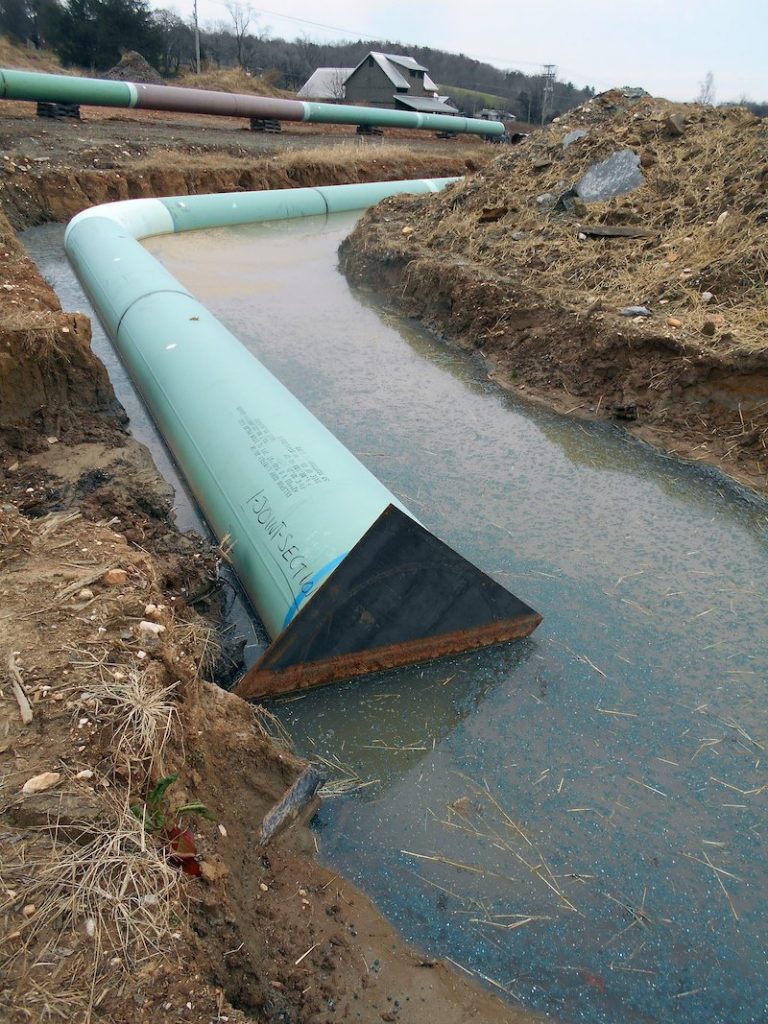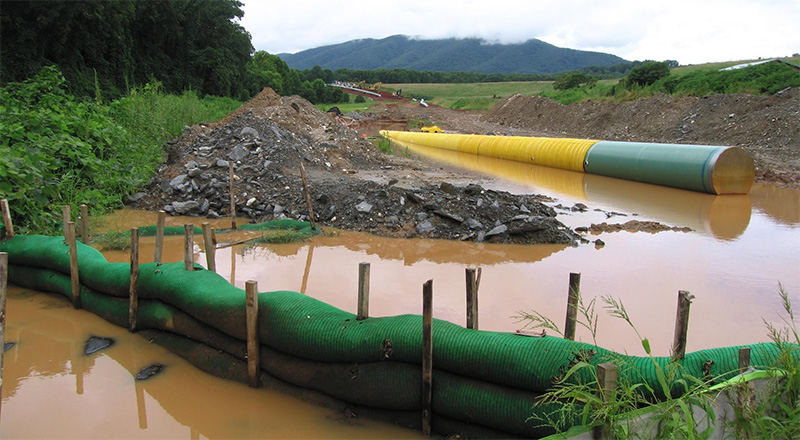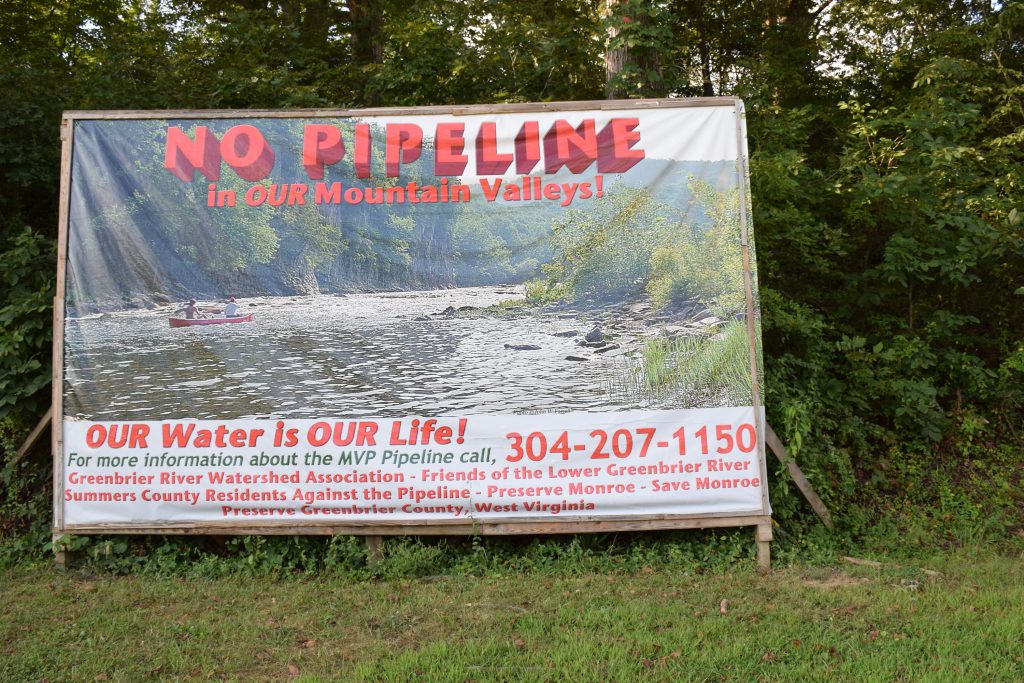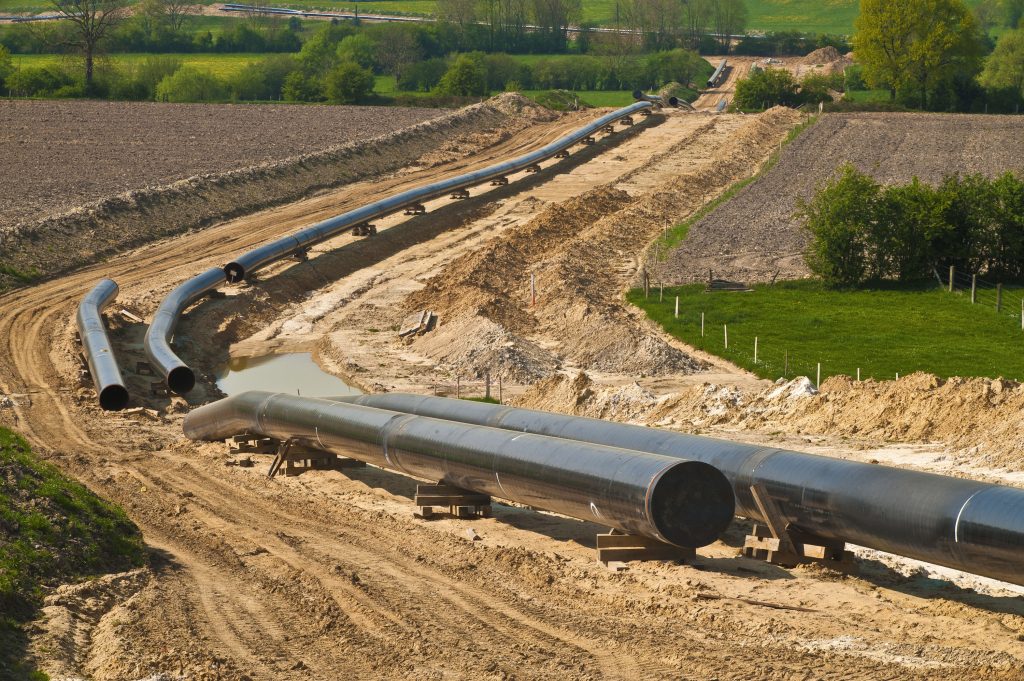Cleaning Up Coal Ash
For well over a century, power plants across the country have burned coal to generate electricity. And for just as long, leftover coal ash has been dumped in open, unlined pits near the power plant, usually located on a river or lake. Every year, U.S. power plants produce 130 million tons of coal ash, which is the second largest waste stream in the country after municipal garbage.
Coal ash concentrates the toxic heavy metals found in coal, including arsenic, mercury, lead and selenium. Stored in unlined, wet impoundments, coal ash has been leaking these toxics into our groundwater and surface waters for years. Sometimes these impoundments collapse — with disastrous results.
Yet government regulations for coal ash management are either non-existent or sparse, and there is little enforcement of the regulations that do exist. In North Carolina, this lack of oversight — and the complicity between state regulators, elected officials and Duke Energy — came to a boiling point in February 2014 when one of Duke’s coal ash impoundments spilled 39 million tons of ash into the Dan River.
Citizens living near North Carolina’s 33 coal ash impoundments — all of which have leaked — have fought for transparency from Duke and the state, and for cleanup of the pollution that threatens their property value, health and family. Their actions forced this issue into the headlines of news networks and to the forefront of environmental justice conversations in the United States.
Appalachian Voices stood with these communities as we worked for years to compel Duke Energy and the N.C. Department of Environmental Quality to excavate coal ash from all the North Carolina sites and dispose of it either in lined, dry landfills, away from waterways, or by recycling it for concrete or other uses, provided it’s done in a manner that protects public health and the environment.
On Jan. 2, 2020, North Carolina announced a historic settlement with one of the state’s most powerful corporations and polluters, Duke Energy. The settlement requires Duke to move nearly 80 million tons of toxic coal ash at six of its power plants to properly lined landfills onsite or recycle it.

Learn information about specific coal ash impoundments in the South, including health threats and safety ratings:
Additional Resources
Fact sheets, videos, links to academic research, and more
Sign Up to Act
Help us protect the health of our communities and waterways.
Latest News
Appalachian Voices announces first collective bargaining agreement with Appalachian Voices Workers Union
“We’re proud to implement a union contract that reflects our shared values,” said Appalachian Voices Executive Director Tom Cormons.
Mountain Valley Pipeline faces legal challenge to water permit in West Virginia
A new lawsuit filed today challenges West Virginia’s Department of Environmental Protection (DEP) approval of a key water-quality permit for the proposed Mountain Valley Pipeline. The lawsuit argues that WVDEP’s approval violates the Clean Water Act.
West Virginia DEP grants MVP key water permit
Charleston, WV — Today, the West Virginia Department of Environmental Protection approved the Mountain Valley Pipeline’s Water Quality Certification, which is a permit required by Section 401 of the Clean Water Act to ensure that a project can meet water quality standards. West Virginia’s approval was required before the U.S. Army Corps of Engineers could move forward with dredge-and-fill permits for the pipeline.
Mountain Valley Pipeline faces new legal challenge to water permit
Richmond, VA — A new legal action filed today challenges Virginia’s State Water Control Board approval of a key water quality permit for the proposed Mountain Valley Pipeline. The petition for review of the project was filed with the U.S. Fourth Circuit Court of Appeals in Richmond.
State Corporation Commission rejects Chickahominy Pipeline’s plan for 83-mile unregulated gas pipeline
Today the Virginia State Corporation Commission rejected plans from Chickahominy Pipeline, LLC, to construct an unregulated gas pipeline 83 miles from Louisa County to a proposed gas-fired power plant in Charles City County, instead determining that the company is a public utility subject to Commission regulation. The Southern Environmental Law Center represented Concerned Citizens of Charles City County, Hanover Citizens Against A Pipeline, Appalachian Voices, and Chesapeake Bay Foundation in the case.
Black Lung Advocate Judith Riffe is Making Change (and Quilts) in West Virginia
Judith Riffe of the Wyoming County Black Lung Association uses her quilt-making talents to fundraise for the chapter and is spearheading the installation of a statue to bring attention to the role of women miners.











